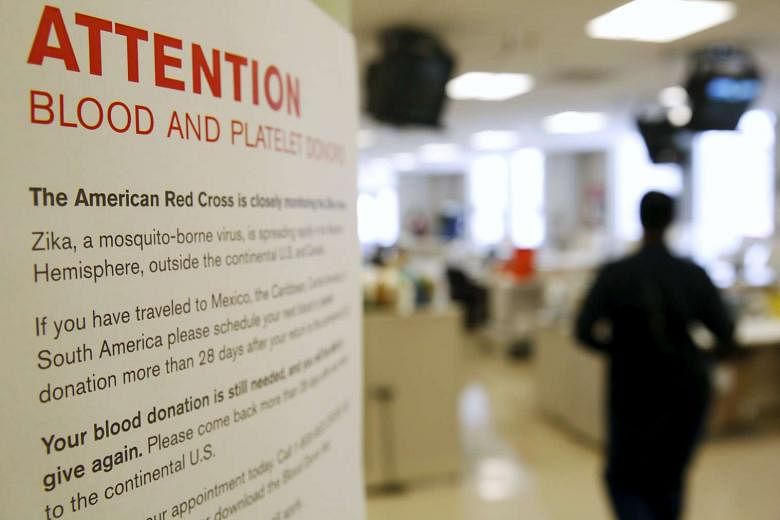(Reuters) - The US Food and Drug Administration said it would allow the use of an experimental test to screen donated blood for the Zika virus.
The test, manufactured by a New Jersey-based unit of Swiss drugmaker Roche Holding AG, may be used for screening donated blood in areas with active mosquito-borne transmission of Zika virus, the FDA said.
The agency recommended last month that blood should no longer be collected from regions where the Zika virus is circulating.
At the time, the FDA also urged that areas with active Zika transmission fulfill blood orders from areas where the virus is not circulating, except when the blood is tested with an FDA-licensed or investigational screening test.
"In the future, should Zika virus transmission occur in other areas, blood collection establishments will be able to continue to collect blood and use the investigational screening test, minimising disruption to the blood supply," said Peter Marks, director of the FDA's Center for Biologics Evaluation and Research.
In early March, the US Department of Health and Human Services said it was arranging and funding shipments of blood products to Puerto Rico to ensure an adequate supply of safe blood as the US territory struggles with Zika.
On Wednesday, the FDA said that once screening using the investigational test begins, blood establishments in Puerto Rico may resume collecting donations.
Mounting evidence supports a link between Zika and microcephaly, a birth defect that is a sign of incomplete brain development and possibly other problems, such as miscarriage.

